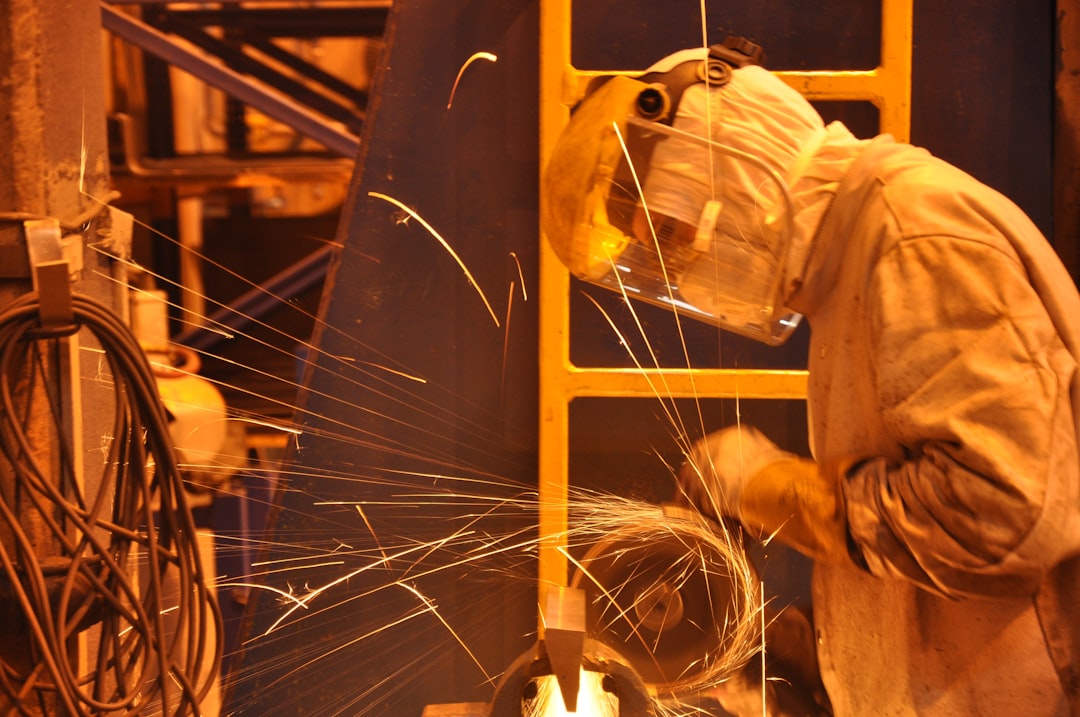The Impact of Industry 4.0 on Manufacturing
In today’s rapidly evolving technological landscape, the term Industry 4.0 has become a buzzword in the manufacturing industry. This fourth industrial revolution is characterized by the integration of advanced technologies such as the Internet of Things (IoT), artificial intelligence (AI), robotics, and big data analytics into traditional manufacturing processes. The impact of Industry 4.0 on manufacturing is transformative, revolutionizing the way goods are produced and enabling companies to achieve new levels of efficiency, flexibility, and competitiveness.
One of the key benefits of Industry 4.0 is the improved efficiency in manufacturing processes. The integration of IoT devices and sensors into machines and equipment enables real-time monitoring of production processes, allowing manufacturers to identify and address bottlenecks or inefficiencies before they become costly problems. This data-driven approach to manufacturing, known as smart manufacturing, also enables predictive maintenance, where machines can alert operators of potential issues before they occur, minimizing downtime and reducing maintenance costs.
Artificial intelligence and machine learning algorithms play a crucial role in optimizing manufacturing processes in Industry 4.0. These technologies enable manufacturers to analyze massive amounts of data generated by IoT devices and sensors to identify patterns and trends that can be used to improve production processes. AI-powered predictive maintenance algorithms, for example, can analyze machine data to predict when a machine is likely to fail, enabling proactive maintenance to prevent costly breakdowns.
Another significant impact of Industry 4.0 on manufacturing is the increased flexibility it offers companies. Traditional manufacturing processes are often characterized by fixed production lines and long lead times, making it difficult for companies to quickly respond to changing market demands. Industry 4.0 technologies, such as 3D printing and advanced robotics, enable manufacturers to quickly reconfigure production lines and adapt to changing market conditions, allowing them to produce customized products at scale and stay ahead of the competition.
The adoption of Industry 4.0 technologies also enables manufacturers to achieve higher levels of customization and personalization in their products. Advanced technologies such as 3D printing and computer-aided design (CAD) software allow companies to create highly customized products at a fraction of the cost and time required by traditional manufacturing methods. This level of personalization not only increases customer satisfaction but also opens up new revenue streams for manufacturers.
Industry 4.0 also has a significant impact on the workforce in the manufacturing industry. While some fear that automation and robotics will lead to job losses, the reality is that Industry 4.0 creates new opportunities for skilled workers. The demand for employees with skills in data analytics, AI, and robotics is on the rise, as manufacturers look to leverage these technologies to improve their operations. Additionally, Industry 4.0 technologies can help alleviate some of the manual labor involved in manufacturing processes, freeing up workers to focus on more complex tasks that require human intervention.
However, the adoption of Industry 4.0 is not without its challenges. Many manufacturers face barriers such as high initial investment costs, concerns about data security and privacy, and the need to upskill their workforce to take advantage of the new technologies. Companies must carefully weigh the potential benefits of Industry 4.0 against these challenges and develop a clear strategy for implementation to ensure a successful transition to the new manufacturing paradigm.
In conclusion, the impact of Industry 4.0 on manufacturing is profound and far-reaching. By leveraging advanced technologies such as IoT, AI, robotics, and big data analytics, manufacturers can achieve new levels of efficiency, flexibility, and competitiveness in today’s fast-paced business environment. While the adoption of Industry 4.0 presents challenges, companies that embrace these technologies stand to benefit from increased productivity, reduced costs, and new opportunities for growth. Embracing Industry 4.0 is no longer a choice for manufacturers but a necessity to stay competitive in the digital age.

